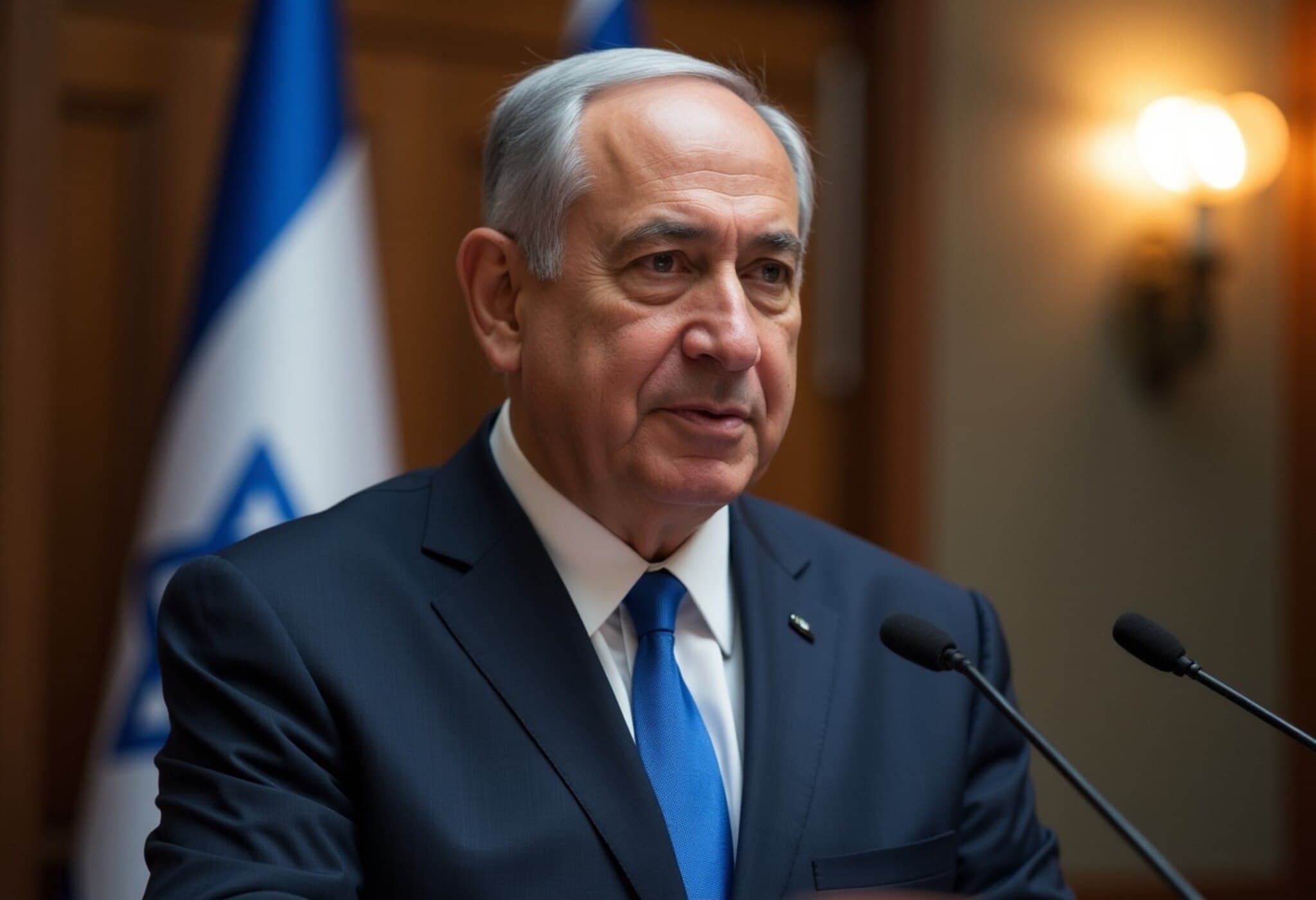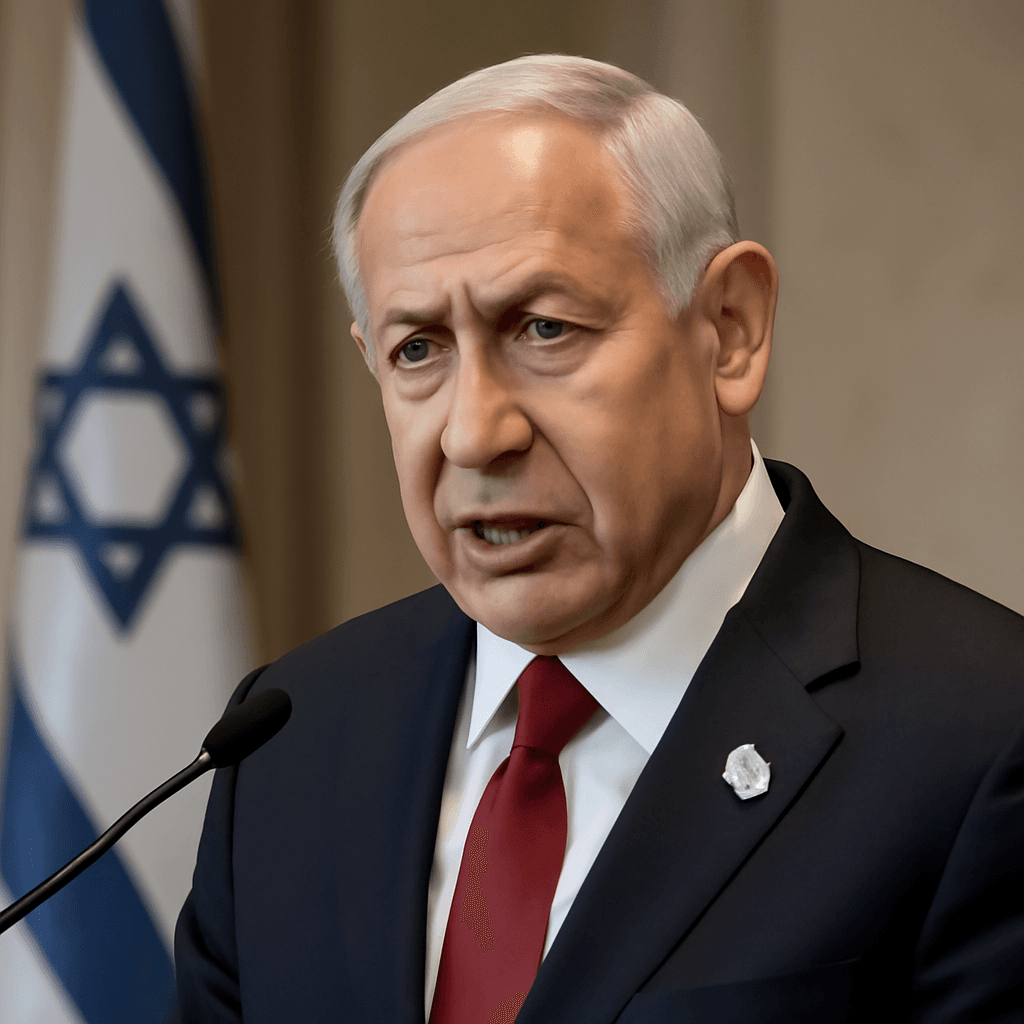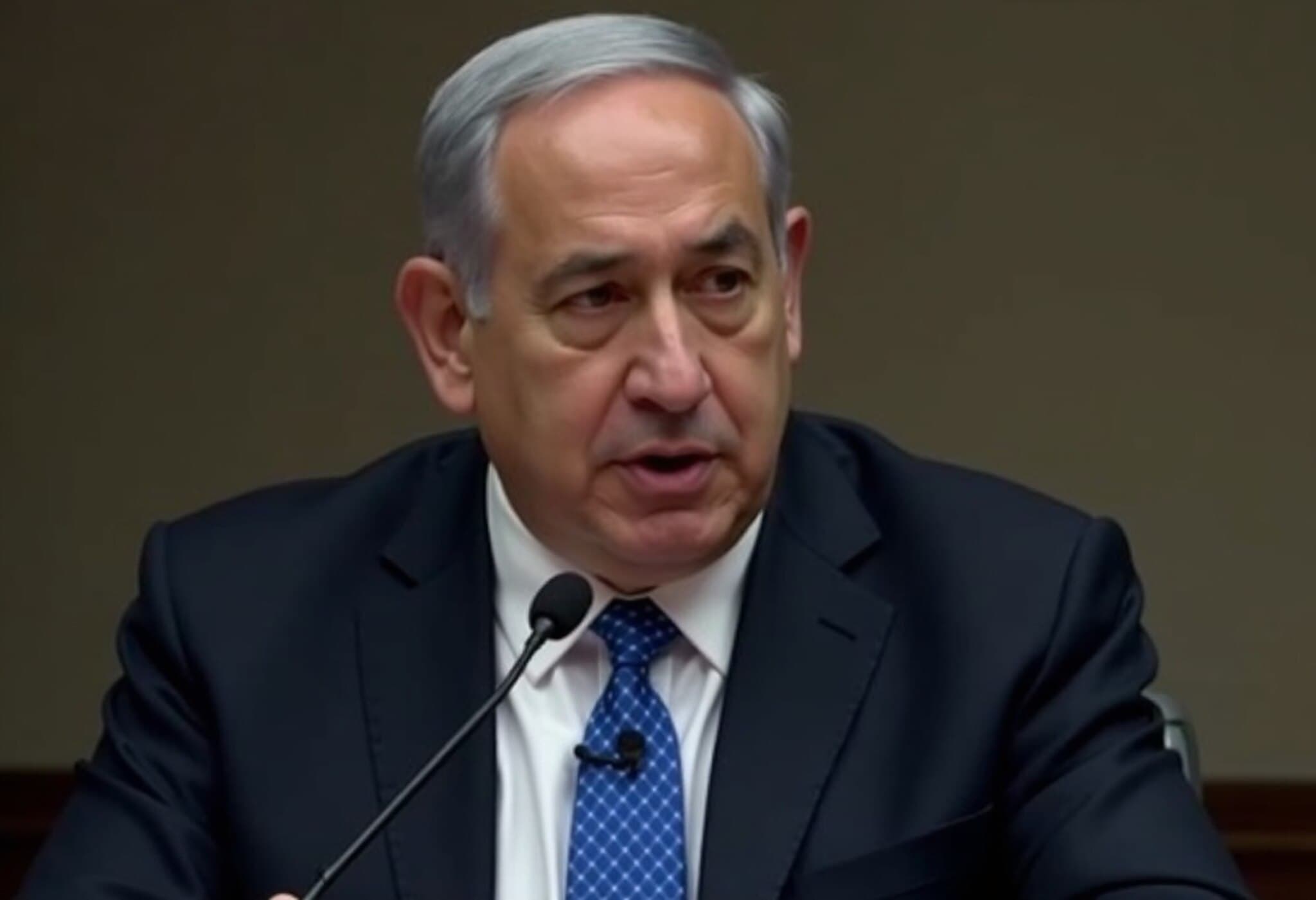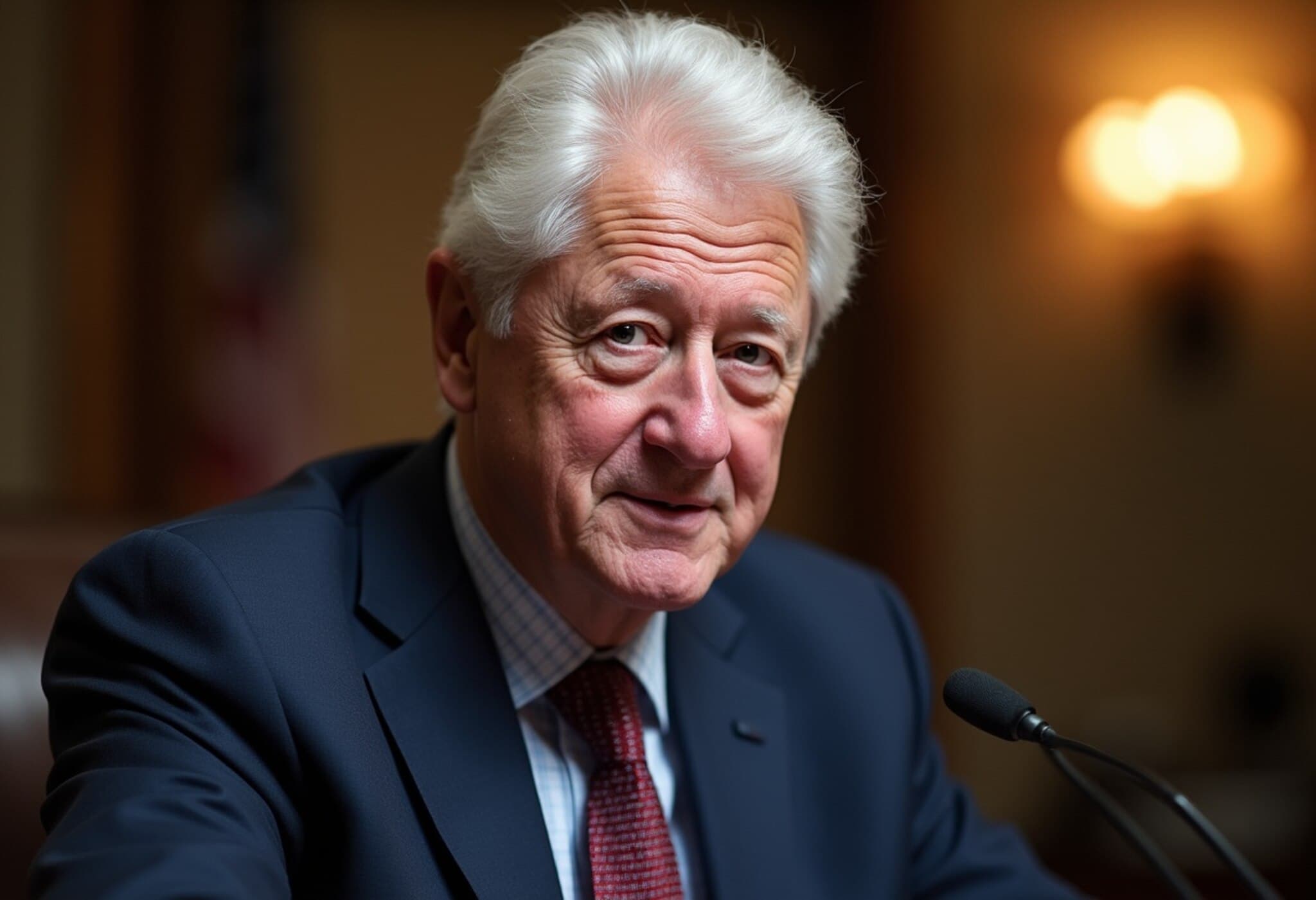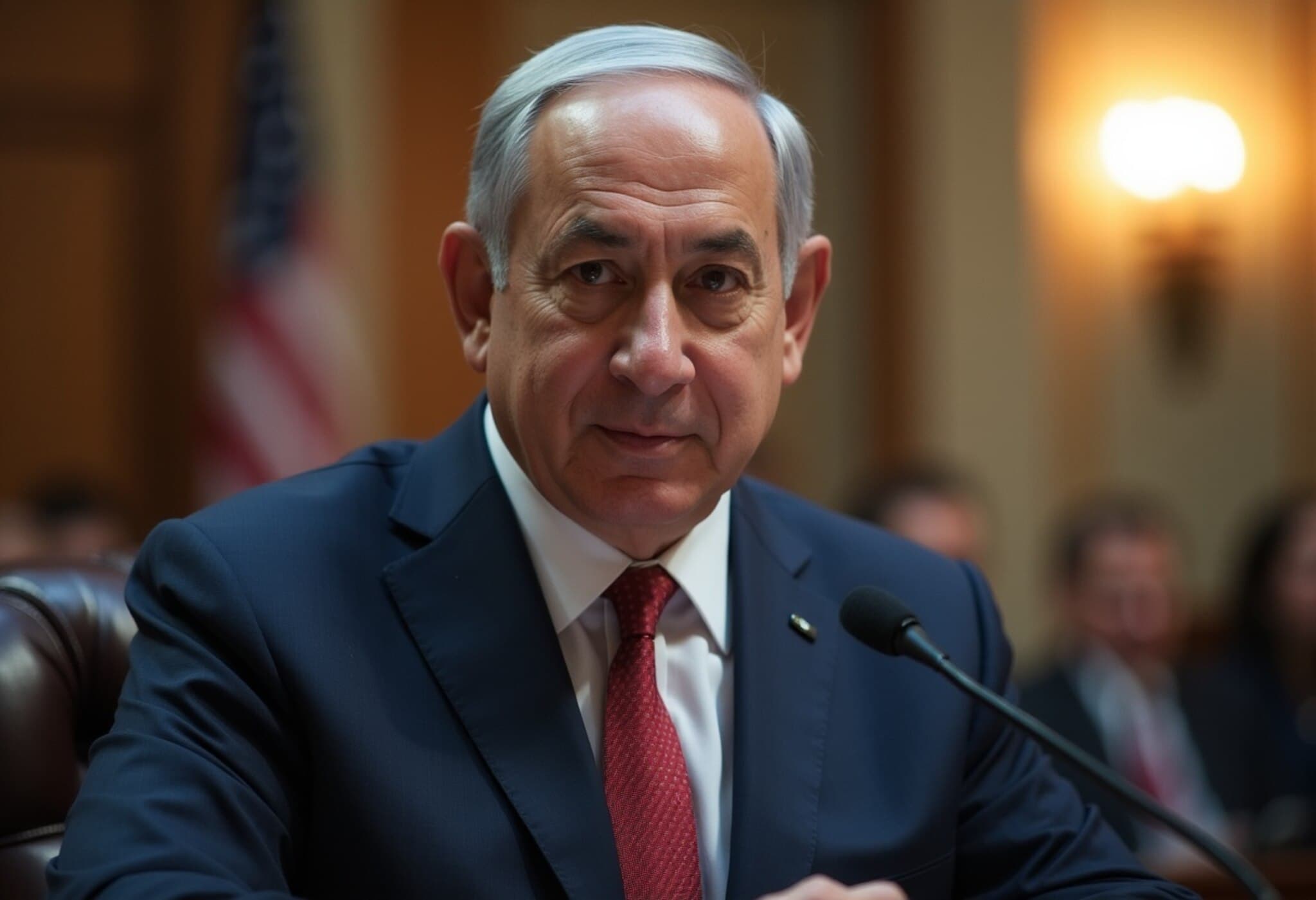Netanyahu Commits to Fighting Anti-Israel Sentiment on US Social Media
In the wake of a notable decline in American support for Israel, especially among Democratic voters, Israeli Prime Minister Benjamin Netanyahu has made a firm pledge to address what he describes as a coordinated campaign of misinformation and demonization against Israel spreading across US social media platforms.
Addressing a Shift in American Public Opinion
During a critical visit to the White House in July 2025, Netanyahu discussed pressing issues—including the Gaza ceasefire and hostage negotiations—with then-President Donald Trump. Beyond diplomatic talks, Netanyahu confronted concerns raised by recent polls revealing diminishing American sympathy for Israel amid its military actions in Gaza.
"There has been a concerted effort to vilify and demonize Israel on social media," Netanyahu asserted. He characterized these campaigns as funded and directed efforts aiming to distort the narrative around Israel’s conflict with Hamas. "This malign influence must be countered with transparent facts, as nothing defeats lies like the truth," he emphasized, outlining plans for a sustained information campaign to reach the American public over the coming months and years.
Polling Data Underscores Waning Support
Multiple polls have highlighted a downward trend in American backing for Israel, with sharp declines seen among Democrats—a pivotal group in US politics. For instance, a March 2025 Gallup poll indicated that less than half of US adults sympathize with Israel’s perspective on the conflict, marking the lowest levels since polling on this issue began.
- Only 38% of Democratic voters support Israel’s position, a significant drop compared to 2013 figures.
- This trend coincides with rising awareness and activism around Palestinian rights among younger and more progressive American demographics.
- Democratic primary victories—such as Zohran Mamdani’s win for New York City mayor—have spotlighted candidates vocal about Palestinian human rights and critical of Israeli military policy.
These shifts pose complex challenges to Israel’s traditional bipartisan support in Washington, raising important questions about the future of US–Israel relations in a rapidly evolving political and media landscape.
Expert Analysis: Navigating Complex Narratives in a Digital Age
Media experts and policy analysts highlight that social media’s democratization of information dissemination has empowered diverse voices but also facilitated the spread of misinformation, making public opinion more volatile. Netanyahu’s strategy to combat so-called "vilification" reflects a broader global trend where states and political leaders actively engage in digital narratives to shape international perception.
However, critics argue that framing criticism of Israel’s policies as mere "vilification" risks oversimplifying legitimate human rights concerns and stifling democratic discourse. The key challenge ahead lies in balancing truthful advocacy with open dialogue, without dismissing dissenting perspectives as hostile propaganda.
What Lies Ahead for US–Israel Relations?
The erosion of solid American support for Israel, particularly within the Democratic base, signals a transformative moment. As younger generations in the US increasingly demand nuanced foreign policy reflecting human rights considerations, Israeli diplomacy faces pressure to adapt its communications, policies, and partnerships accordingly.
Moreover, with social media’s growing influence, both governments and civil society must grapple with the complexities of information warfare versus legitimate activism—a landscape where "truth" often becomes contested terrain.
Editor’s Note
The evolving American perspective on Israel underscores the intricate interplay between geopolitics, digital communication, and public opinion. Netanyahu’s vow to counter online campaigns reflects the acute awareness of social media’s power but also raises cautionary questions about freedom of expression, accountability, and the future shape of US foreign alliances. As this narrative unfolds, a deeper understanding of both sides’ grievances and aspirations remains essential for constructive dialogue and long-term peace efforts.

